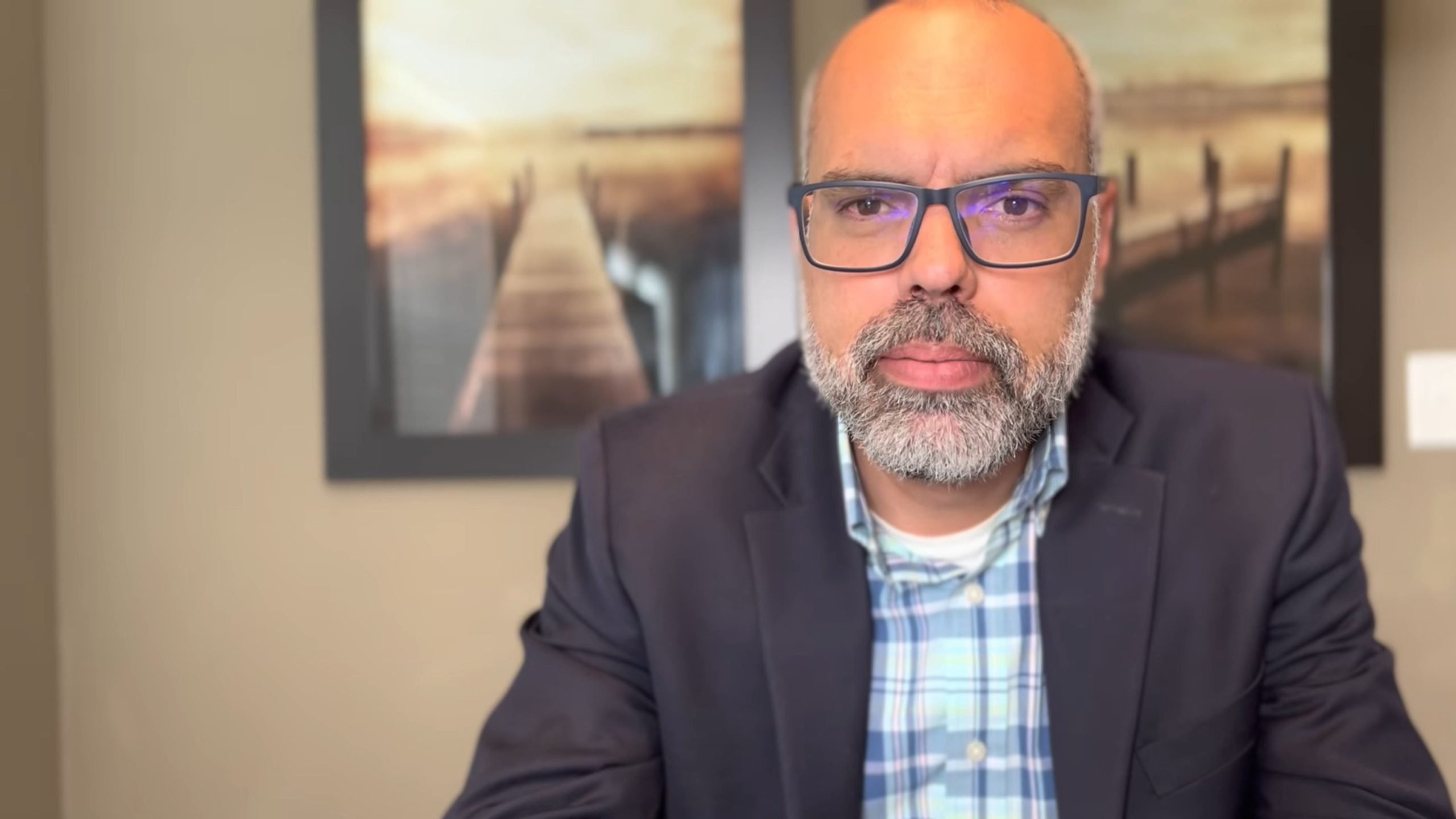Meta has launched a legal challenge against a ruling by controversial Brazilian Supreme Court Justice Alexandre de Moraes, who compelled the tech giant to disclose data tied to the Instagram account of journalist Allan dos Santos. Though raising objections to the judge’s rationale, Meta affirmed it would still comply — at least for now.
The company confirmed it will deliver the requested data in a confidential filing, stating, “In compliance with the order and demonstrating good faith, Meta Platforms will provide the requested data, in a separate confidential procedure, within the period granted.”
Justice Alexandre de Moraes consistently stirs controversy with his heavy-handed censorship tactics, like banning social media accounts and blocking platforms such as Telegram and X when they defy him. Critics slam him for trampling free speech, overreaching his role, and acting like a one-man judge-jury-executioner, especially against Bolsonaro allies, while his clash with Elon Musk over X’s compliance has fueled accusations of authoritarianism.
The demand, issued last week, also targeted platform X, requiring both companies to provide the Federal Police with detailed information on Santos’s accounts within ten days — under threat of a R$100,000 ($17,362) daily fine for delay or refusal. The data request is broad, seeking registration details, IP addresses, and post content from mid-2024 through early 2025.
Allan dos Santos is accused of creating and sharing fake messages attributed to journalist Juliana Dal Piva, suggesting she admitted to knowing about a supposed Federal Police plot. Dal Piva denies the claims, and the matter is under investigation by Brazilian authorities following legal requests.
In its appeal, Meta questioned both the method and the scope of Moraes’s order. A major sticking point lies in the jurisdictional overreach: Santos has not been on Brazilian soil in years and has lived in the US since 2021, a fact Brazilian authorities acknowledge. Meta argued that demanding user data across borders without using formal international cooperation treaties undermines legal norms and raises sovereignty concerns.
Santos has been in exile after Brazil’s high court issued a warrant for his arrest in the so-called “fake news” investigation which targeted online supporters of former President Jair Bolsonaro.
Yet the US government under President Joe Biden made clear in early 2024 that it would not extradite Santos to Brazil, citing concerns over the nature of the charges, which American officials reportedly view as matters of opinion, not criminal conduct.
Meta also objected to the sweeping timeline of the data request. While the original investigation refers to a specific incident on June 21, 2024, Brazilian authorities are now demanding months’ worth of content — extending well into February 2025. Meta characterized this as excessive and lacking justification, warning against what it described as a “fishing expedition.”
The company pointed out that under a 2023 Supreme Court decision, direct data requests by Brazilian authorities are permitted only when the target is located in Brazil. Since that is not the case with Santos, Meta insists that any data collection should go through international legal channels. “This is because the accounts in question seem to be associated with an individual known not to be located in Brazilian territory,” the appeal notes.
Meta is asking the court to revise Moraes’s decision and only allow the Federal Police to access the data if the appeal fails. If Moraes refuses to reconsider, Meta wants the full court to evaluate the issue.






















